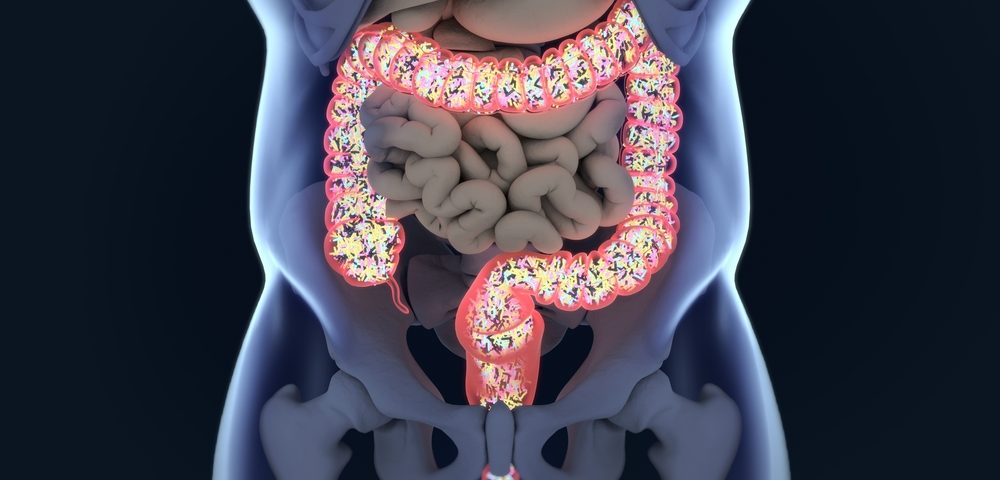The Cd14 gene protected mice against inflammatory bowel disease (IBD) by bolstering their intestinal barrier against harmful micro-organisms and reducing their gut inflammation, according to a study.
Increasing the gene’s expression may be a way to treat IBD, the researchers added. Expression is the process by which information from a gene is used to create a functional product like a protein.
The study, “CD14 Plays a Protective Role in Experimental Inflammatory Bowel Disease by Enhancing Intestinal Barrier Function,” was published in The American Journal of Pathology.
Genetic factors contribute to IBD, a disease characterized by chronic inflammation of the gut. There is no cure for IBD. Current treatments only relieve symptoms, and many are expensive.
To understand Cd14‘s role in the disease, researchers used a chemical agent to introduce IBD to both mice with the gene and mice who lacked the gene. Mice lacking the gene developed more severe gut inflammation than mice with the gene. In addition, the intestinal barrier of the mice without the gene was compromised, and the mice lost weight.
Although Cd14 is found in many parts of the body, the highest concentrations are in an area of the intestine that contains the largest portion of the gut microbiome. The microbiome is a community of microorganisms that scientists are increasingly recognizing as important to our health and well-being. Studies have shown a link between higher levels of CD14 expression and inflammation.
“Our understanding of the microbiome and its interaction with host genetic factors is increasing dramatically, especially in the pathogenesis of IBD,” Dr. André Bleich, a professor at Germany’s Hannover Medical School who was the study’s lead author, said in a press release. “Cd14 is involved in the detection of bacterial factors and has been identified as a candidate gene in genetic screens. Our study helps to understand the link between genetic susceptibility and microbial alterations in the gut in IBD.”
As an additional test of the notion that Cd14 protects against gut inflammation, researchers increased its expression in the mice. The result was lower levels of pro-inflammatory proteins known as cytokines in the mice’s guts and less inflammation in their colons.
“Cd14 seems to play a pivotal role in the maintenance of [gut] barrier integrity,” Bleich said. “Further analyses suggested that the presence of Cd14 becomes even more important when the epithelial layer is disturbed rather than during steady-state conditions.” Epithelial cells line hollow organs and glands.
“Epithelial barrier function is predominantly dependent on tight-junction proteins, which regulate transport into and between cells,” the researchers wrote. “Loss of gut barrier integrity, initiated by bacteria or by treatment with a chemical, can result in bacterial invasion and inflammation.
“Our findings suggest that soluble Cd14 could be an interesting new therapeutic target for future clinical research,” they concluded.

